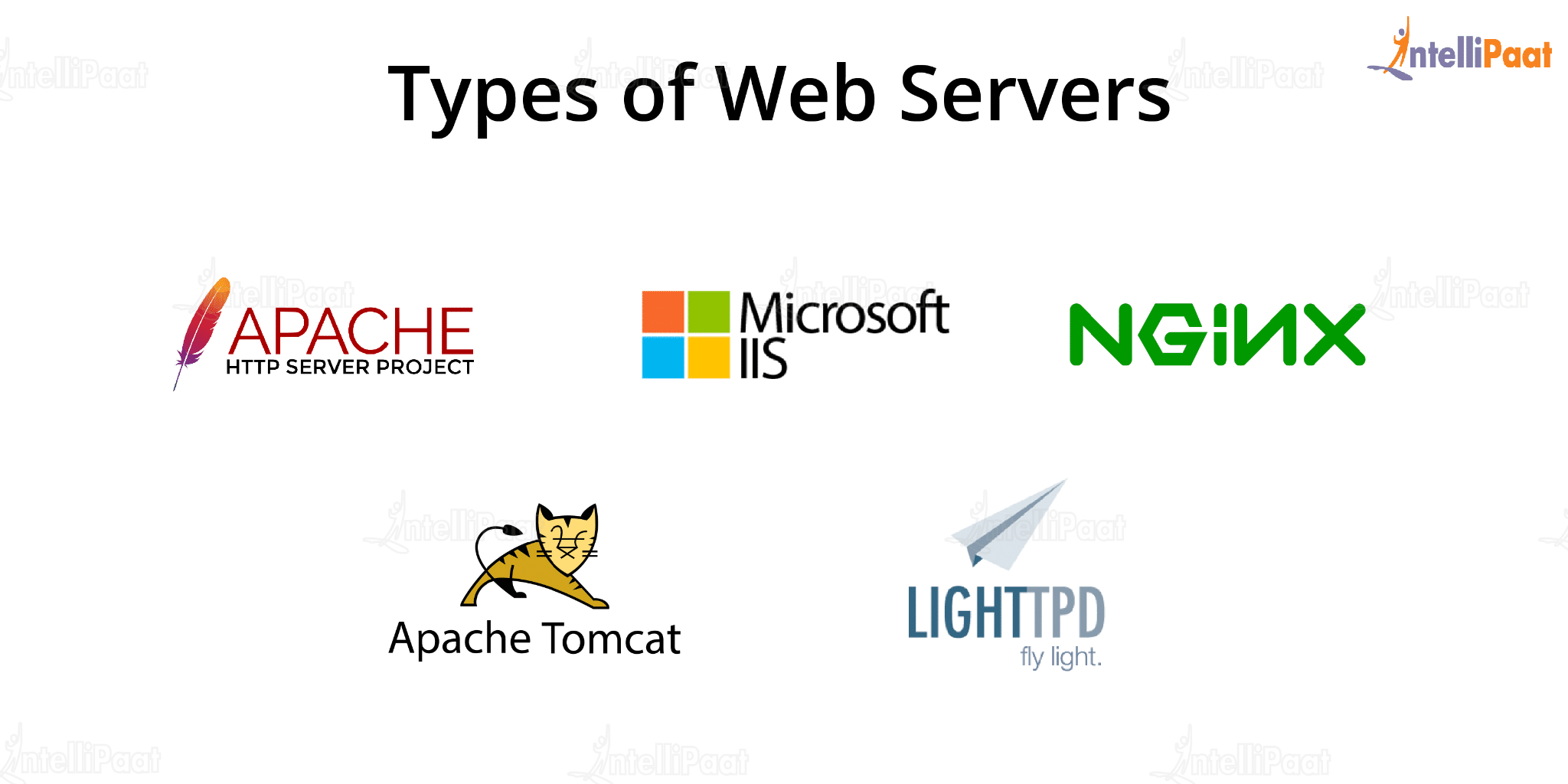Web Apps, short for web applications, are software programs that are accessed through a web browser or web-enabled device. Unlike traditional software programs that are installed on a computer, web apps are hosted on a remote server and accessed over the internet.
Web apps can be used for a variety of purposes, such as e-commerce, social networking, productivity, education, and entertainment. They can be designed for both desktop and mobile devices and can be accessed from anywhere with an internet connection.
Web apps are typically built using web technologies such as HTML, CSS, and JavaScript, and often rely on server-side technologies such as PHP, Ruby on Rails, or Node.js to handle data storage and processing. They can be deployed on a variety of platforms, including cloud-based services, web servers, and mobile devices.

These technologies allow web developers to create dynamic, interactive, and responsive applications that can be accessed from any web-enabled device. Combination of these technologies to create powerful, responsive, and engaging user experiences that can be accessed from any web-enabled device.
We'll focus on some specific languages or technologies in general. some of which are,
-> Javascript
-> PHP
-> Web servers like Apache, Nginx etc.
JavaScript is a programming language that enables developers to create interactive and responsive elements in a web app. It allows for user input validation, form submission, and dynamic content generation, among other features.
PHP is a server-side scripting language that is widely used for building web applications. It is especially well-suited for developing dynamic websites and web apps that rely on database interactions.
Web servers like Apache and Nginx are software programs that run on a computer and are responsible for delivering web content to web browsers or web-enabled devices. They act as intermediaries between the web app and the client, managing and processing incoming requests and sending back responses.

When a web browser or device sends a request for a web page or resource, such as an image or a video, the request is sent to the web server. The web server then processes the request, retrieves the requested content from the file system or a database, and sends it back to the client.

Apache is one of the most widely used web servers in the world. It is an open-source software program that runs on multiple operating systems, including Windows, Linux, and macOS. Apache supports a wide range of web technologies and features, such as SSL/TLS encryption, virtual hosting, and dynamic content generation.
Nginx is a lightweight and high-performance web server that is also widely used in the industry. It is known for its efficiency in handling concurrent connections, making it a popular choice for serving static content, proxying requests, and load balancing. Nginx can also act as a reverse proxy, which means it can sit in front of other web servers and distribute incoming requests to multiple backend servers.
One of the advantages of web apps is that they don't require users to install or download any software, which can save time and resources. Additionally, web apps can be updated and maintained easily by the developers, as updates are pushed to the server and become instantly available to all users.
' But why are WebApps important for us or why do we need to learn it? why not start with iOS or android technologies or even newer technologies like cloud and blockchain which are in demand?
-> The answer to these question lies in the root of how websites are built. Web Apps are the most basic form of applications, understanding basics here will lay a strong base for us when we reach to advanced topics or newer more robust technologies like same stated previously. '
